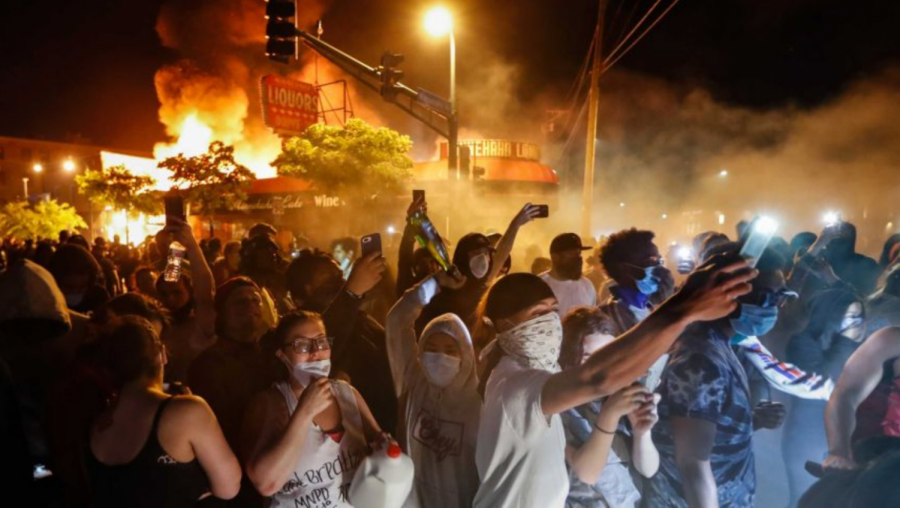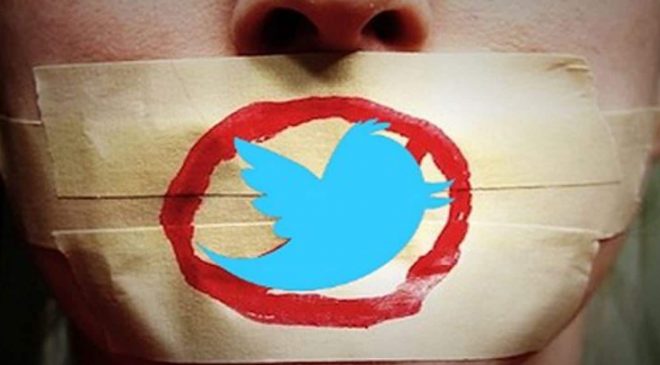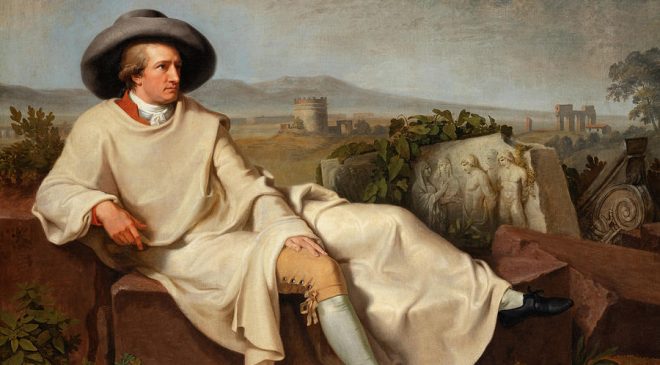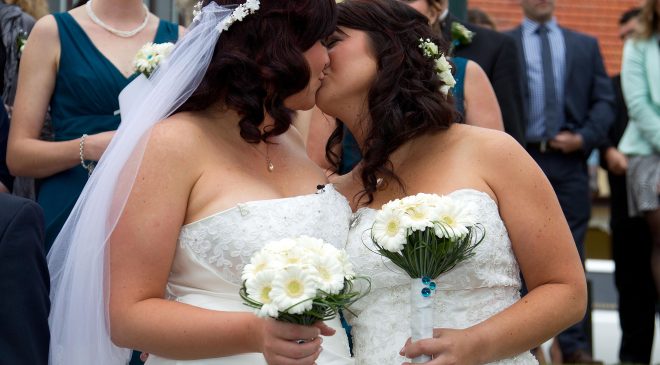One of my students was recently part of a classroom discussion on Black Lives Matter. Another participant roughly said, “It is totally unfair for people to blame BLM protestors for rioting. The vast majority of BLM protestors were peaceful. Blaming them for a few bad apples is just collective guilt.”
My student didn’t feel free to speak up, but here’s what he told me he wanted to say:
“You’re right. You shouldn’t blame all BLM members for the bad behavior of a few protestors. And for the same reason, you shouldn’t blame all whites or all Americans for the bad behavior of a few cops. The vast majority of whites and Americans are peaceful, too. Blaming them for a few bad apples is, again, collective guilt. It’s tantamount to, ‘In Derek’s fall, we sinned all.’”
Sure, you could counter with a slogan like, “White silence is violence.” But besides being absurdly demanding – there are too many horrible injustices on Earth for anyone to speak out against more than a tiny fraction of them – the principle behind this slogan would imply that peaceful BLM protestors were also blameworthy for failing to loudly speak against BLM rioters: “BLM silence about rioting is also violence.”
One could grant that neither whites nor Americans share the blame for police brutality against blacks, but assign collective guilt to policemen for voluntarily belonging to an organization that negligently fails to monitor its bad apples. I’m sympathetic, but the principle behind this slogan once again implies that even peaceful BLM protestors were blameworthy for voluntarily belonging to an organization that negligently fails to monitor their bad apples.
Complication: You could argue that that police departments are much more formal organizations than BLM protests, so we can reasonably hold them to higher standards. Fair enough. On the other hand, though, post-Floyd BLM violence was much more blatant than police brutality has been for many decades. So while many cops could semi-plausibly plead, “I had no idea this kind of thing was going on,” few protestors could have said the same.
What’s the correct conclusion? I maintain: Strict blame for the violent crime of both police and rioters, tangential blame for associated police and protestors, and no blame for mere bystanders – including, above all, “society.” I suspect this position will displease almost everyone, but how is it wrong?




